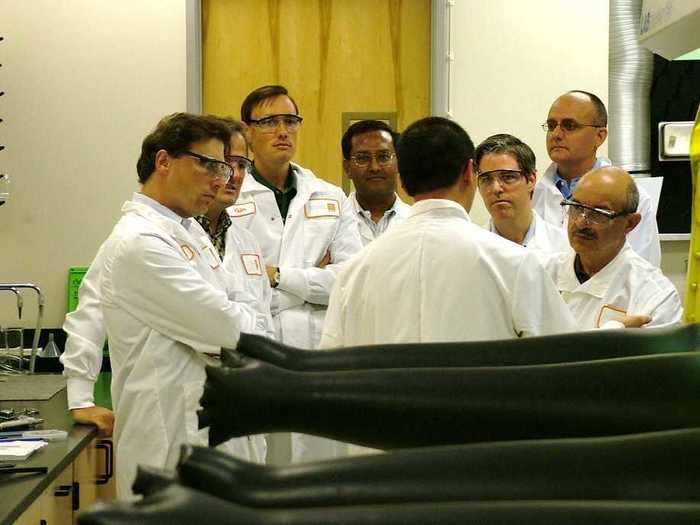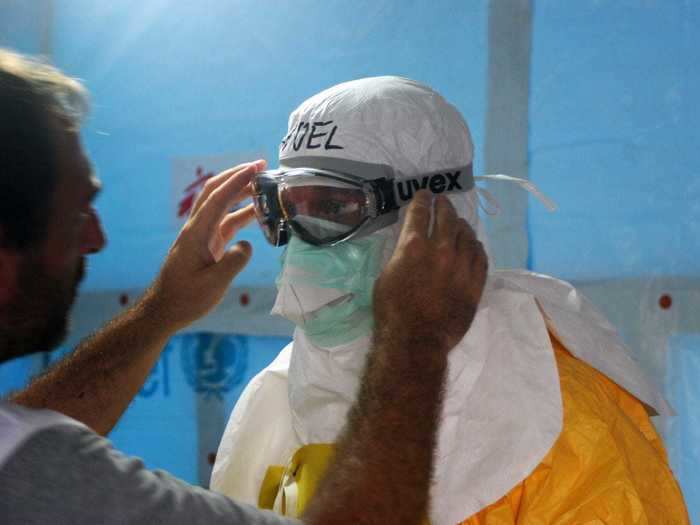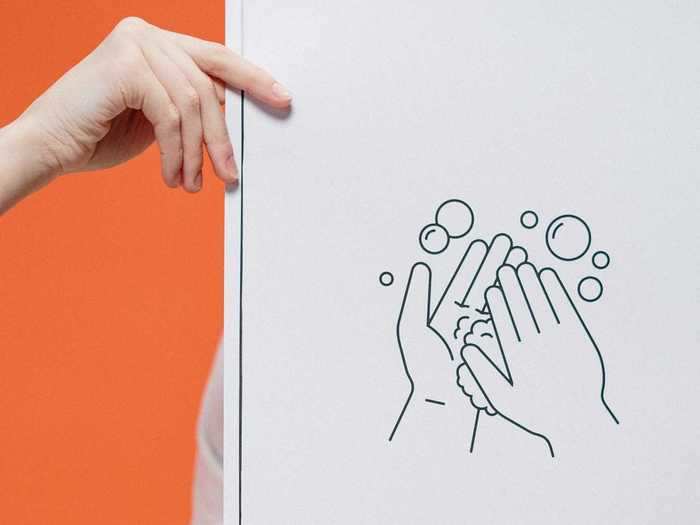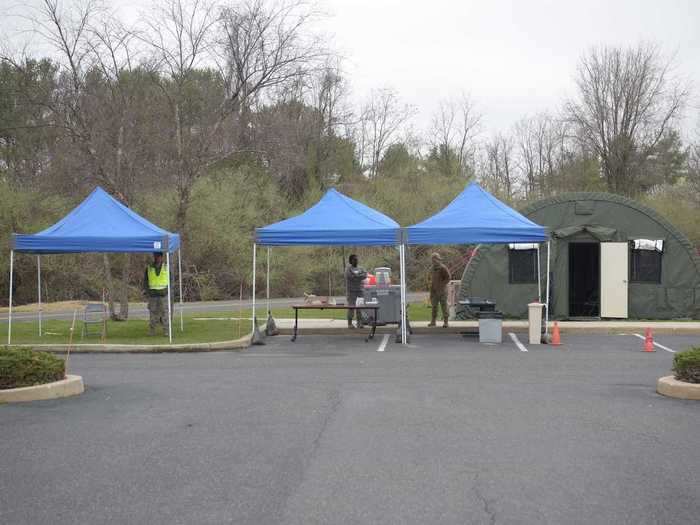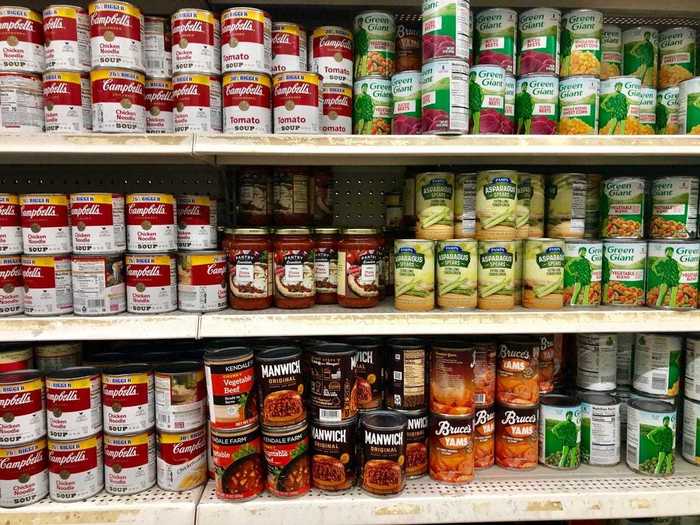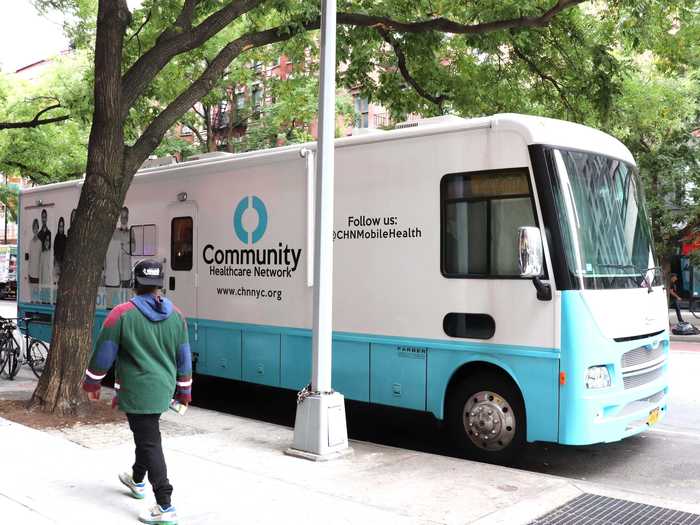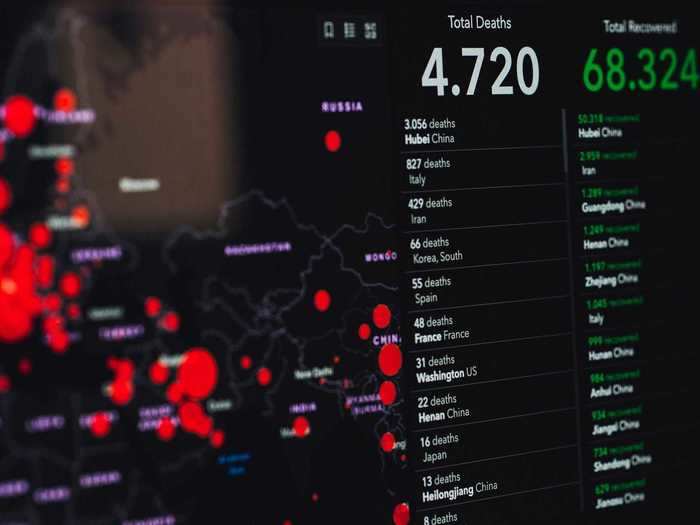When you buy through our links, we may earn money from our affiliate partners. Learn more.
- Coursera has made 100 of its online courses completely free from now until May 31.
- Newly free courses span categories from essential public health knowledge to how to craft the best resume.
- Below are 12 of the best public health courses that currently have no paywall and offer a certificate of completion — including one that's CME eligible.
- Find the full list of 100 courses you can enroll in for free until May 31 here.
Most online learning platforms consider improving mass access to education as a primary objective. And as one-third of the global population hunkers down in some form of lockdown to prevent the spread of the novel coronavirus, many prominent e-learning sites are orienting themselves closer to that mission.
For example, edX created a free online course with Harvard to teach non-ICU healthcare professionals how to operate a ventilator.
Osmosis, an online medical education site founded by former Johns Hopkins med students, created a CME eligible course with the latest information from the CDC and WHO on the ongoing pandemic.
Codecademy launched a scholarship program and gave away 100,000 Pro scholarships to students in 147 countries.
And Coursera has lifted the paywall on 100 of its courses until May 31 — including 12 public health courses below.
Coursera's free public health courses span topical public health topics ranging from disaster preparedness to infection prevention in nursing homes, and disease screening in epidemics. Students can learn the essentials of global health from Yale University, as well as what a disease cluster is and how it is studied from Johns Hopkins University, all for free. Some of these classes even rank among the company's 23 most popular courses right now.
Here's how to enroll in eligible Coursera courses for free:- Click on the class you'd like to take below and make sure that there's a blue promo banner at the top of the page stating you may enroll for free. If not, refresh the page and let it load fully.
- Click the 'Enroll for free' button.
- Select "Purchase Course." If the promo has applied, it should say below that "Your promotion will automatically be applied at checkout."
- At checkout, the course should be free and state $0 as the total cost.
Coursera's newly free courses include everything that's typically found behind a paywall such as certificates, graded homework, projects, and unlimited access to a course's reading material. Certificates can be added to a LinkedIn page, CV, or resume to certify completion of a course or mastery of a skill, and help advance a career or professional growth.
For this access, courses typically range from $50 to hundreds of dollars depending on the topic — though students can pretty much always "sit in on" and audit a course for free.
Find all 12 public health courses below, which will be free until May 31, 2020, or until enrollment is full.Read the original article on
Business Insider
Looking for more e-learning? Here are some of the best online classes you can take
The Challenges of Global Health
@vidalbalielojrfotografia/Pexels
Enroll for free until May 31Taught by Dr. David Boyd, an award-winning professor at Duke University's Global Health Institute, The Challenges of Global Health provides students with a concise but comprehensive foundation for approaching global health problems. The class examines what the world's major health challenges are, what contributes to them, and what we can do to improve health outcomes and reduce health disparities.
Science Matters: Let's Talk About COVID-19
jurvetson/Flickr
Enroll for free until May 31This course features insight directly from experts about the theory behind the analysis of COVID-19 and its spread, as well as how to interpret new information using core principles of public health, epidemiology, medicine, health economics, and social science.
Students will be able to watch regular situation reports about the state of the epidemic, provided by the researchers of J-IDEA and its director, Professor Neil Ferguson.
Disease Clusters
@markusspiske/Pexels
Enroll for free until May 31This Johns Hopkins University course teaches students what a disease cluster is and how it is studied, including the challenges posed in studying disease clusters. The course's goal is to empower community scientists and to build better relationships between communities and health officials.
Infection Prevention in Nursing Homes
@cdc-library/Pexels
Enroll for free until May 31In this course, students learn about the role that the environment plays in disease transmission and how to implement standard and transmission-based precautions to prevent the spread of antibiotic-resistant bacteria and other infections in elderly care facilities.
Communicating During Global Emergencies
@cottonbro/Pexels
Enroll for free until May 31This course introduces a basic framework of concepts and principles of communication during a global crisis or emergency including why such communication is different, and the importance of adapting emergency messages to the needs of affected populations.
Students will use sample scenarios to identify information needs and develop useful messages that communicate effectively and promote behaviors that reduce health risks during an emergency.
"Communicating During Global Emergencies" was designed in collaboration with the Emory Rollins School of Public Health and the CDC's Division of Global Health Protection, Emergency Response, and Recovery Branch.
Disease Screening in Public Health Epidemics
87th Medical Group members screen patients outside as a preventative measure to help reduce the spread of COVID-19 at Joint Base McGuire-Dix-Lakehurst, New Jersey, March 30, 2020.
US Air Force/Airman 1st Class Briana Cespedes
Enroll for free until May 31This course, designed by the University of Geneva and the University of Lausanne, both in Switzerland, was designed to aid in critically assessing the promises and the pitfalls of disease screening strategies.
The course will help students to understand important concepts for disease screening programs that are explored through a series of examples most relevant to public health today, and the class concludes with expert interviews that explore vital future topics.
Disaster Preparedness
Shoshy Ciment/Business Insider
Enroll for free until May 31This course is best for proactive people looking to improve their disaster readiness and survival planning. The course will introduce the disaster cycle and specifically focus on mitigation and recovery phases. Students will create an extensive personal preparedness plan in the absence of resources like food, water, shelter, and communication.
Global Health: An Interdisciplinary Overview
Community Health Network van on 14th Street and Second Avenue, which is there every Tuesday from 1-9 p.m.
Clarrie Feinstein/Business Insider
Enroll for free until May 31This course constructs an interdisciplinary overview of our current global health challenges using insights from medicine, public health, law, economics, social sciences, and humanities. Students will use these as guides for seven critical topics in global health.
Epidemics, Pandemics, and Outbreaks
@markusspiske/Pexels
Enroll for free until May 31This course tries to answer the question: what can we do to prevent outbreaks of infectious diseases from becoming epidemics or pandemic?
Students will learn about infectious diseases and medical responses, focusing on public health laws and policies that provide the framework for effective prevention like quarantine laws, drug development policies, and bioterrorism and biodefense.
Essentials of Global Health
@nurseryart/Pexels
Enroll for free until May 31Yale's comprehensive Essentials of Global Health course takes a global perspective but emphasizes low- and middle-income countries, the health of the poor, and health disparities.
Students will pay particular attention to issues within health systems, the links between health and development, and health matters related to global interdependence.
The course will primarily be structured around five questions: What do people get sick, disabled, and die from? Why do they suffer from these conditions? Which people are most affected? Why should we care about such concerns? What can be done to address key health issues, hopefully at least cost, as fast as possible, and in sustainable ways?
Epidemiology: The Basic Science of Public Health
@mediocrememories/Pexels
Enroll for free until May 31This course explores public health issues like cardiovascular and infectious diseases, both locally and globally, through the perspective of epidemiology.
COVID-19: What You Need to Know (CME Eligible)
@shvetsa/Pexels
Enroll for free until May 31Osmosis, a medical education site founded by former Johns Hopkins medical students, created this CME-eligible course for COVID-19. It's regularly updated with current information about the novel coronavirus and aggregates information issued by the CDC, WHO, and other leading agencies. The class covers the basics, as well as personal protective equipment, diagnostics, and other related material. Healthcare professionals can earn CME credit.


